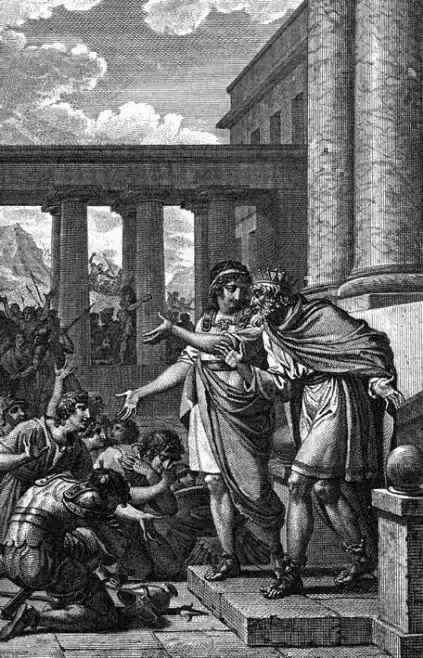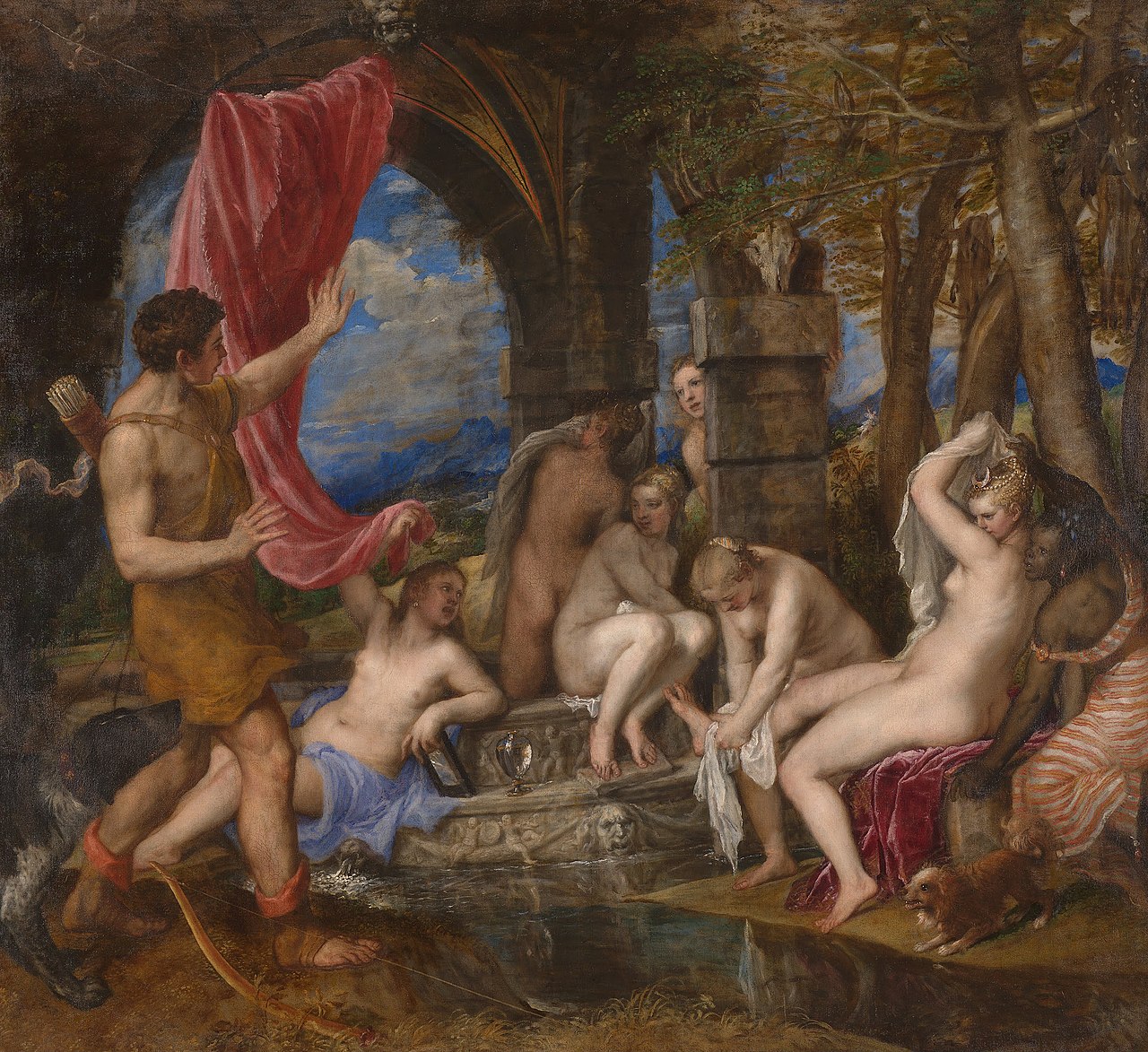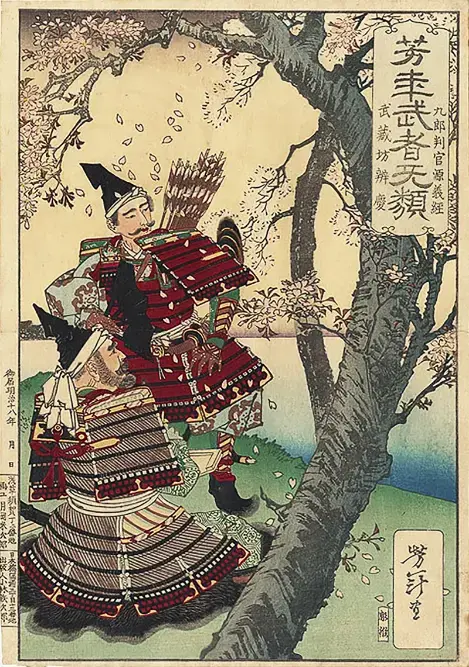Aeacus

Aeacus (/ˈiːəkəs/; also spelled Eacus; Ancient Greek: Αἰακός) was a legendary king of Aegina in Greek mythology. Born to Zeus and the nymph Aegina, he was renowned for his justice and became the father of the heroes Peleus and Telamon. According to myth, Aeacus was born on the island of Oenone (later renamed Aegina after his mother).
Some traditions claim that when Aeacus was born, the island was uninhabited, and Zeus either transformed local ants (μύρμηκες) into people called Myrmidons or caused men to spring from the earth. Ovid suggests that during Aeacus' reign, the jealous goddess Hera devastated the island with a plague that nearly exterminated its population, after which Zeus repopulated it by transforming ants into humans. Aeacus fathered three sons: Peleus and Telamon (with Endeïs) and Phocus (with Psamathe).
His favoritism toward Phocus prompted jealousy in his other sons, who murdered their half-brother and were subsequently exiled. Through his sons, Aeacus became grandfather to several Trojan War heroes, including Achilles and Ajax the Greater. Throughout Greece, Aeacus was celebrated for his fairness, often resolving disputes among both mortals and gods.
When Greece suffered a severe drought, the Delphic oracle declared that only Aeacus' prayers could end it. After his successful intervention, he built a temple to Zeus Panhellenius in gratitude. Another legend recounts how Aeacus assisted Apollo and Poseidon in constructing Troy's walls, with Apollo prophesying that Troy would eventually fall to Aeacus' descendants (fulfilled through his great-grandson Neoptolemus' participation in the Trojan Horse stratagem).
After death, Aeacus became one of three judges in the underworld, alongside his half-brothers Rhadamanthus and Minos. According to Plato, he specifically judged the souls of Europeans. He was honored with sanctuaries in both Athens and Aegina, where the Aeacea festival was celebrated in his honor.


